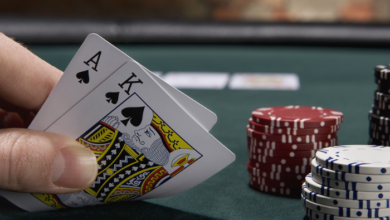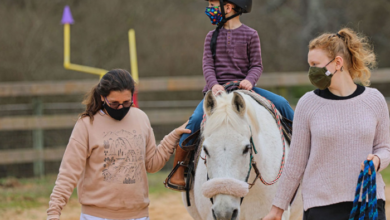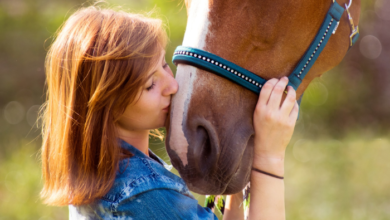
Horses, magnificent creatures that have captivated human imagination for millennia, hold a unique and profound place in the tapestry of human history. From the wild steppes of Eurasia to the bustling cities of today, horses have been more than mere animals; they have been partners, comrades, and symbols of power and freedom. Discover the best horse racing tips and information on France Cheval Turf. Get expert insights and analysis to improve your betting experience.
The Dawn of Domestication
The story of horses and humans begins in the steppes of Central Asia around 4000 BCE, where nomadic tribes first domesticated the wild horse. This momentous event marked the beginning of a relationship that would transform human society. The domestication of horses revolutionized transportation, agriculture, and warfare, enabling humans to travel further, cultivate more land, and conquer new territories.
Horses in Ancient Civilizations
Horses played a pivotal role in ancient civilizations. In Mesopotamia, horses were used to pull chariots, enhancing military capabilities. The Egyptians, known for their ingenuity, also adopted horse-drawn chariots, which became integral in their military campaigns. The relationship between horses and warfare is perhaps most famously illustrated by the cavalry units of the Persian Empire and Alexander the Great, whose mounted soldiers were instrumental in expanding their realms.
In ancient China, horses were essential in the creation of the Silk Road, facilitating trade and cultural exchange between East and West. The Chinese also developed the first horse-drawn plows, significantly boosting agricultural productivity.
Medieval and Renaissance Eras
During the medieval period, the horse’s significance grew even more pronounced in Europe. The feudal system revolved around the horse, with knights relying on their steeds for mobility and combat. The iconic image of a knight in shining armor atop a powerful horse became a symbol of chivalry and nobility. Jousting tournaments and mounted warfare dominated this era, showcasing the horse’s strength and agility.
The Renaissance brought a renewed appreciation for horses, not only in warfare but also in art and culture. The famed anatomist Leonardo da Vinci meticulously studied the horse, producing detailed sketches that highlighted its anatomical perfection. The horse became a muse for artists, symbolizing grace, power, and beauty.
The Industrial Revolution and Modern Era
The Industrial Revolution heralded significant changes, and the role of horses evolved once more. While steam engines and mechanization began to replace horses in many areas, they remained indispensable in rural settings for farming and transportation. The horse-drawn carriage became a hallmark of urban life, and horses continued to be cherished for recreational purposes.
In the 20th century, the advent of automobiles and tractors reduced the reliance on horses for labor, but their cultural and symbolic significance persisted. Horses found new roles in sports, therapy, and leisure. Equestrian events, such as horse racing and show jumping, became popular pastimes, celebrating the enduring bond between humans and horses.
Horses in Culture and Mythology
Horses have not only been practical allies but also significant figures in mythology and folklore. In Greek mythology, the winged horse Pegasus and the powerful steeds of the sun god Helios capture the imagination. The Norse god Odin’s eight-legged horse, Sleipnir, and the horse-headed god Hayagriva in Hindu mythology highlight the animal’s divine associations.
Literature and film have immortalized horses in countless stories. From the Black Stallion to War Horse, these tales often reflect the deep emotional connections and admiration humans have for these noble creatures.
The Enduring Legacy
Today, horses continue to hold a special place in human society. They are symbols of freedom, strength, and beauty. Equine-assisted therapy programs harness the gentle nature of horses to aid in physical and emotional healing. Conservation efforts strive to protect wild horse populations, ensuring that these majestic animals remain a part of our world.
The history and significance of horses in human civilization is a testament to their incredible versatility and enduring appeal. From their early domestication to their roles in ancient empires, medieval warfare, and modern recreation, horses have been steadfast companions on humanity’s journey. As we look to the future, the bond between humans and horses promises to remain as strong and inspiring as ever.



